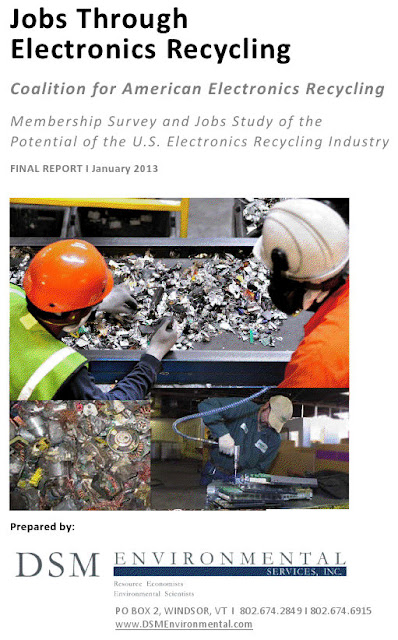Reading about how IBM's Watson computer is learning to make pastries on NYTimes. If we had the right Bayesian statistics, the right DNA code (to predict likelihood of gene X "liking" taste Y), and the supercomputer to put them all together... theoretically you'd have a Utopia where everyone always got precisely what they ordered in life. The right taste, the optimum number of calories. Maybe Watson can even do Kosher...
Taking the hypothesis of ultra intelligence to its next step, what if we really know the absolute outcome of every recipe we make in life? Not fake, not "The Truman Show". What if our experience and judgement and data and correct premises were increased a thousand-fold, or by a million? If we could almost intuitively anticipate the "butterfly effect?"
It might make life incredibly boring. Would we be like cattle or ants, grazing? Grazing on lots of different ideas and information, but all predictable, and it would pass through us like cud.
Or we might replace the "risk" and uncertainty by expanding our horizons geographically, taking what we know and are certain of, and placing ourselves in new frontiers. "Star Trek" or "Dr. Who" is a way we can always imagine shaking things up, going to other solar systems, to seek out new worlds and new civilizations, and boldly go where no one has gone before.
Trying new foods is good. Eat the same thing, every time, is like ... eating grass.
What if we actually make ourselves feel more in command of all information by reducing the amount of information? What if we limit our geography so much that we really do know and can anticipate an extremely high percentage of what we encounter? Instead of a hypothesis where we increase our intellect a million-fold, and then reach outside the solar system, why don't we shrink our system so that the intellect, intelligence, and data we have is preponderant.
If we put our butterflies in fishbowls, or vacuum tubes, their effects will be easier to predict.
 When an African really wants to buy something from me... not everything, not all assorted junk, not 75% of the "e-waste", but something rather specific - say a 17" display screen (which will light up in a slum with electric current too weak for a 27"), I may have to admit I don't know what will "ultimately" happen to it. Perhaps I cannot predict the fate of the monitor in our custody.
When an African really wants to buy something from me... not everything, not all assorted junk, not 75% of the "e-waste", but something rather specific - say a 17" display screen (which will light up in a slum with electric current too weak for a 27"), I may have to admit I don't know what will "ultimately" happen to it. Perhaps I cannot predict the fate of the monitor in our custody.
If we shred it together with the 32" TVs and obsolete printers and clickety keyboards, and spit out a stream of shredded plastic, shredded copper, aluminum, and steel, drawn by magnets, optical sorters, and eddy currents, then I don't really need Watson to make the decision what to sell anymore. Everything is now a commodity, a stream of raw material.
Moo.
Taking the hypothesis of ultra intelligence to its next step, what if we really know the absolute outcome of every recipe we make in life? Not fake, not "The Truman Show". What if our experience and judgement and data and correct premises were increased a thousand-fold, or by a million? If we could almost intuitively anticipate the "butterfly effect?"
It might make life incredibly boring. Would we be like cattle or ants, grazing? Grazing on lots of different ideas and information, but all predictable, and it would pass through us like cud.
Or we might replace the "risk" and uncertainty by expanding our horizons geographically, taking what we know and are certain of, and placing ourselves in new frontiers. "Star Trek" or "Dr. Who" is a way we can always imagine shaking things up, going to other solar systems, to seek out new worlds and new civilizations, and boldly go where no one has gone before.
Trying new foods is good. Eat the same thing, every time, is like ... eating grass.
What if we actually make ourselves feel more in command of all information by reducing the amount of information? What if we limit our geography so much that we really do know and can anticipate an extremely high percentage of what we encounter? Instead of a hypothesis where we increase our intellect a million-fold, and then reach outside the solar system, why don't we shrink our system so that the intellect, intelligence, and data we have is preponderant.
If we put our butterflies in fishbowls, or vacuum tubes, their effects will be easier to predict.
If we shred it together with the 32" TVs and obsolete printers and clickety keyboards, and spit out a stream of shredded plastic, shredded copper, aluminum, and steel, drawn by magnets, optical sorters, and eddy currents, then I don't really need Watson to make the decision what to sell anymore. Everything is now a commodity, a stream of raw material.
Moo.






